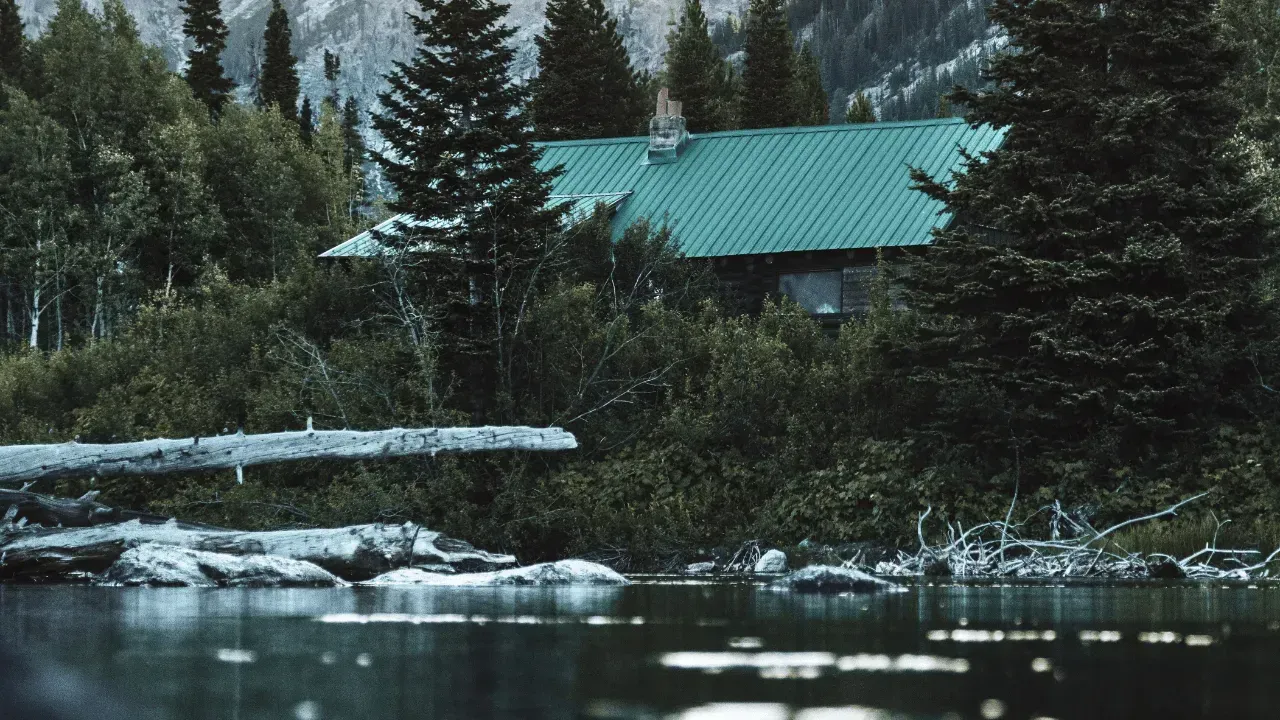Builder Risks Insurance in North Carolina

8:30am - 5:00pm Mon-Fri
We'll Reply in 15min*
Index
Contact Us
Phone
303-421-5123
Location
9035 Wadsworth Parkway
Suite 2730B
Westminster, CO 80021
Builder's Risk Insurance, also known as Course of Construction Insurance, is a specialized type of property insurance. It's designed to protect buildings and structures that are under construction or renovation. In North Carolina, as in other states, this insurance is crucial for anyone involved in the construction industry. In this comprehensive guide, we will delve into the specifics of Builder's Risk Insurance in North Carolina, including its importance, coverage, exclusions, and how to obtain it.
Understanding the Importance of Builder's Risk Insurance
Builder's Risk Insurance is a critical component of any construction project. It provides financial protection against losses from a variety of risks, such as fire, theft, vandalism, and natural disasters. Without this insurance, the financial burden of these losses falls directly on the builder or property owner, which can be devastating for a business.
Moreover, in North Carolina, certain contracts and lenders may require Builder's Risk Insurance. This requirement ensures that the project is financially protected and can be completed even in the event of a significant loss. Therefore, understanding and obtaining this insurance is not only a good business practice but also a contractual necessity in many cases.
What Does Builder's Risk Insurance Cover?
Builder's Risk Insurance typically covers the building under construction, materials, and equipment. However, the specifics of what is covered can vary depending on the policy and the insurer. Let's delve into the details.
Building and Structures
The primary coverage of Builder's Risk Insurance is for the building or structure under construction. This includes the cost of repairing or replacing the building if it's damaged by a covered peril, such as fire or windstorm.
It's important to note that the policy should cover the full value of the completed building. This means that as the construction progresses and the value of the building increases, the policy limit should be adjusted accordingly.
Materials, Fixtures, and Equipment
Builder's Risk Insurance also covers materials, fixtures, and equipment used in the construction. This includes materials in transit to the construction site and stored at the site. If these items are stolen or damaged by a covered peril, the policy will cover the cost to replace them.
Some policies may also cover temporary structures, such as scaffolding and construction forms. However, this coverage is not standard and should be specifically included if needed.
What Doesn't Builder's Risk Insurance Cover?
While Builder's Risk Insurance provides extensive coverage, it's not all-encompassing. There are certain exclusions that are typically not covered by the policy. Understanding these exclusions is crucial to ensure that you have adequate protection for your construction project.
Standard Exclusions
Most Builder's Risk Insurance policies exclude losses from certain perils, such as earthquakes, floods, and acts of war. These exclusions are standard in most property insurance policies and are not unique to Builder's Risk Insurance.
However, coverage for some of these excluded perils can often be added for an additional premium. For example, if your construction site is in a flood-prone area, you may want to consider adding flood coverage to your policy.
Professional Liability
Builder's Risk Insurance does not cover professional liability. This means that if a loss occurs due to errors in design, planning, or workmanship, the policy will not cover it. For this type of coverage, you would need to obtain a separate professional liability insurance policy.
Similarly, the policy does not cover losses due to faulty materials. If a loss occurs because the materials used in the construction were defective, the policy will not cover it.
How to Obtain Builder's Risk Insurance in North Carolina
Obtaining Builder's Risk Insurance in North Carolina involves several steps. First, you need to determine the amount of coverage you need. This should be based on the estimated completed value of the building, including the cost of materials and labor.
Next, you need to find an insurer that offers Builder's Risk Insurance. This can be done through an insurance broker or by contacting insurers directly. When comparing policies, be sure to consider not only the premium but also the coverage, exclusions, and the insurer's reputation for handling claims.
Once you've chosen a policy, you'll need to complete an application. The insurer will likely require detailed information about the construction project, including the location, type of construction, security measures, and more. After the application is submitted and approved, you'll need to pay the premium to activate the policy.
In conclusion, Builder's Risk Insurance is an essential part of any construction project in North Carolina. It provides critical financial protection and can be a contractual requirement. By understanding the coverage, exclusions, and how to obtain this insurance, you can ensure that your construction project is adequately protected.
Our Clients Say It Best
REQUEST A QUOTE
Get a builder risks insurance quote online today!
uilder Risks Insurance
Contractors Insurance FAQs
Got a question about Contractor Insurance in Colorado? We’re here to help.




